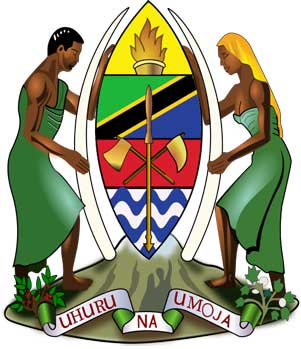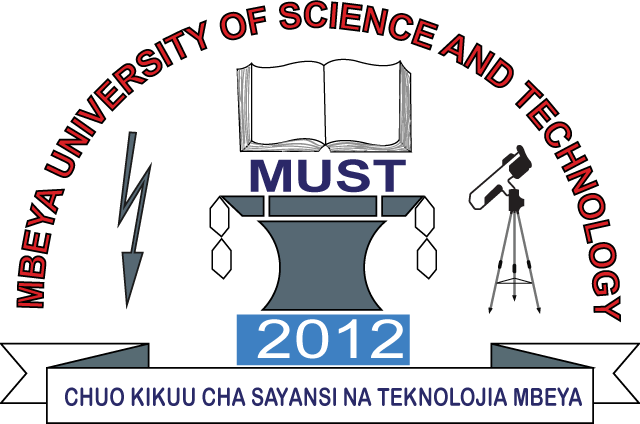
The United Republic Of Tanzania
Ministry of Education, Science and Technology
Mbeya University of Science and Technology
Leading Centre of Excellence for Knowledge, Skills, and Applied Education in Science and Technology


Leading Centre of Excellence for Knowledge, Skills, and Applied Education in Science and Technology

Background
Aquaculture in Sub-Sahara Africa (SSA) is on the rapid increase with projections of 60% growth by 2030. In addition, Tanzania, Kenya and Mozambique possess Indian ocean coastlines that serve as good locations for development of marine aquaculture that is almost absent in Africa today. Aquaculture production provides an important source of protein and contributes to food security and economic development. This potential is underexploited in SSA and governments of several countries including Uganda, Kenya, Tanzania, Zambia, Malawi and Mozambique have prioritized aquaculture production through strategic development plans. The growing industry however faces various challenges such as fish diseases and aquatic contamination that threaten profitability and sustainability. The quality of fish products in terms of pathogens and chemical contaminants have implications for human health and sustainable environmental development. Sustainable aquaculture production requires thorough understanding of disease control with prevention and biosecurity as cornerstones. The use of quality feed, access to farmed species with optimal genetic background, and protection of the production environments and a balanced use of natural resources are required in order to prevent fish diseases and to secure healthy food. In many regions, aquaculture has been sufficiently profitable to permit strong growth. With Intensification, aquaculture may on the other hand cause harm to the environment because of the release into water bodies of organic effluents or disease treatment chemicals and antibiotics, and genetic contamination for wild species. Experience has shown that one of the challenges that higher institutions of learning in Africa face in relation to lack of human capacity is -drain, where highly trained personnel leave the institutions for better pastures. This practice has to be discouraged if Africa is to be self-sufficient.